Modern Slavery Statement – October 2024
Introduction
This statement sets out The Billington Group’s actions to understand all potential modern slavery risks related to its business and to put in place steps that are aimed at ensuring that there is no slavery or human trafficking in our business and the supply chains within which we operate. This statement relates to actions and activities during the financial year 01st September 2023 to 31st August 2024.
As part of the food and agricultural sectors, the organisation recognises that we have a responsibility to take a robust approach to slavery and human trafficking.
The organisation is absolutely committed to preventing slavery and human trafficking in its corporate activities, and to ensuring that our supply chains is free from slavery and human trafficking.
Organisational structure and supply chains
This statement covers the activities of The Billington Group:
The Billington Group started trading in 1858 and consists of a growing group of businesses operating in food and agriculture. We are proud to be one of the UK’s largest, family-owned businesses.
Growing For The Future
Our business purpose is to ‘Develop food, agriculture and our people to their full potential, generation to generation’. In 2023 the business developed a new Environment and Social Governance (ESG) plan titled our ‘Growing for the Future Plan’ with 3 core pillars – Our Impact, Our Supply Chain and Our Influence.
Underneath these pillars sits a framework with nine priority areas, with action on modern slavery included in both ‘Responsible Sourcing’ (for our supply chain) and ‘People’ (for our own operations).
Responsibility
Responsibility for the organisation’s anti-slavery initiatives is as follows:
- Policies: Operating Business leadership teams are responsible for ensuring the robustness and delivery and effectiveness of its modern slavery policy.
- Training: Site People teams regularly attend training workshops to ensure skills are refreshed and are required to then share this knowledge within the business.
Relevant policies
The organisation operates the following policies that describe its approach to the identification of modern slavery risks and steps to be taken to prevent slavery and human trafficking in its operations:
- Whistleblowing policy: We encourage all our workers, customers and other business partners to report any concerns related to the direct activities, or the supply chains of, the organisation. This includes any circumstances that may give rise to an enhanced risk of slavery or human trafficking. Our whistleblowing procedure is designed to make it easy for workers to make disclosures, without fear of retaliation. Employees, customers or others who have concerns can use our confidential helpline which is publicised widely within our businesses. In the year 2022 our whistleblowing hotline moved to an independent third-party provision, Health Assured, with our policy rewritten and communicated across the business.
- Agency workers policy: We only use specified, reputable employment agencies to source labour and always verify the practices of any new agency we are using before accepting workers from that agency.
- Employee code of conduct: Our values make it clear to employees the actions and behaviour expected of them when representing the organisation. We strive to maintain the highest standards of employee conduct and ethical behaviour.
- Human Rights and Labour Standards Policy: This policy sets out the clear expectations across our supply chain in relation to human rights and labour standards including information on child and forced labour and clear instructions on what to do if anyone in our supply chain suspects issues pertaining to modern slavery.
- Group Service Level Agreement – this document outlines the commercial agreement between the company and its suppliers and the conditions of supply. This document encompasses the requirement to meet our ‘Human Rights & Standards Policy’ and requires suppliers to sign up to SEDEX (Supplier Ethical Data Exchange) and link to our business on the platform.
Due diligence
The organisation undertakes due diligence when considering new suppliers, and regularly reviews its existing suppliers. The organisation’s due diligence and reviews include:
- Mapping the supply chain broadly to assess particular products or geographical risks of modern slavery and human trafficking.
- Evaluating the modern slavery and human trafficking risks of each new supplier via our supplier approval process;
- Investing in AB membership of SEDEX (Supplier Ethical Data Exchange) – a key tool to help risk identification in our supply chains, enabling our business to view suppliers’ ethical trade data.
- Requesting suppliers to join Sedex as B members as a condition of supply, where they complete a Self-Assessment Questionnaire and link to share this information.
- Conducting supplier audits or assessments through our own internal auditing, which includes a focus on slavery and human trafficking where general risks are identified;
Training
The organisation requires all key staff within the organisation to complete training on modern slavery as part of the onboarding process and through dedicated training where appropriate.
The organisation’s modern slavery training covers areas such as:
- How to assess the risk of slavery and human trafficking in relation to various aspects of the business, including resources and support available;
- How to identify the signs of slavery and human trafficking;
- What initial steps should be taken if slavery or human trafficking is suspected;
- How to escalate potential slavery or human trafficking issues to the relevant parties within the organisation;
Our Pledges
- We will integrate our approach to tackling Modern Slavery in our entire supply chain through our new ‘Growing for the Future’ plan
- Training of key personnel on an annual basis to keep skills current for this learning to be shared with key stakeholders.
- Modern Slavery will continue to be a key feature in every induction.
- Continuous signposting and information for all our workforce on how to identify signs of exploitation and reporting mechanisms.
- Due diligence checking through our payroll procedures to spot any irregular activity.
- Work with our Agency providers to ensure they are licensed and fully compliant with all regulatory bodies.
- Report any suspicion of slavery, trafficking or exploitation to the appropriate authorities without delay.
Board Approval
This statement was approved by the organisation’s board of directors, who review and update it annually.

Gary Blake
Chief Executive Officer

Lindsey Broadbent
Chief People Officer
